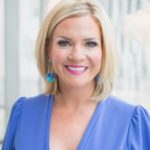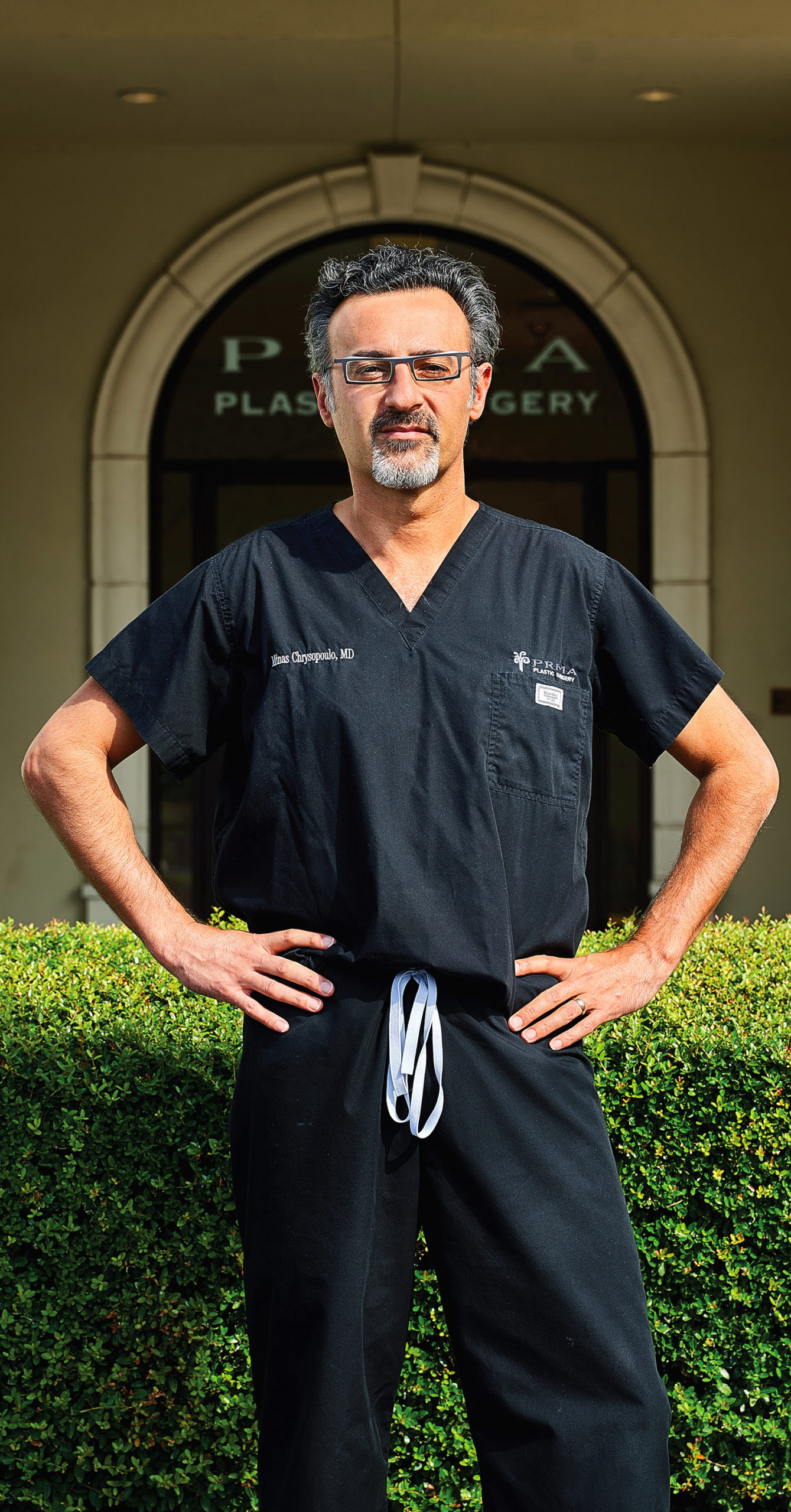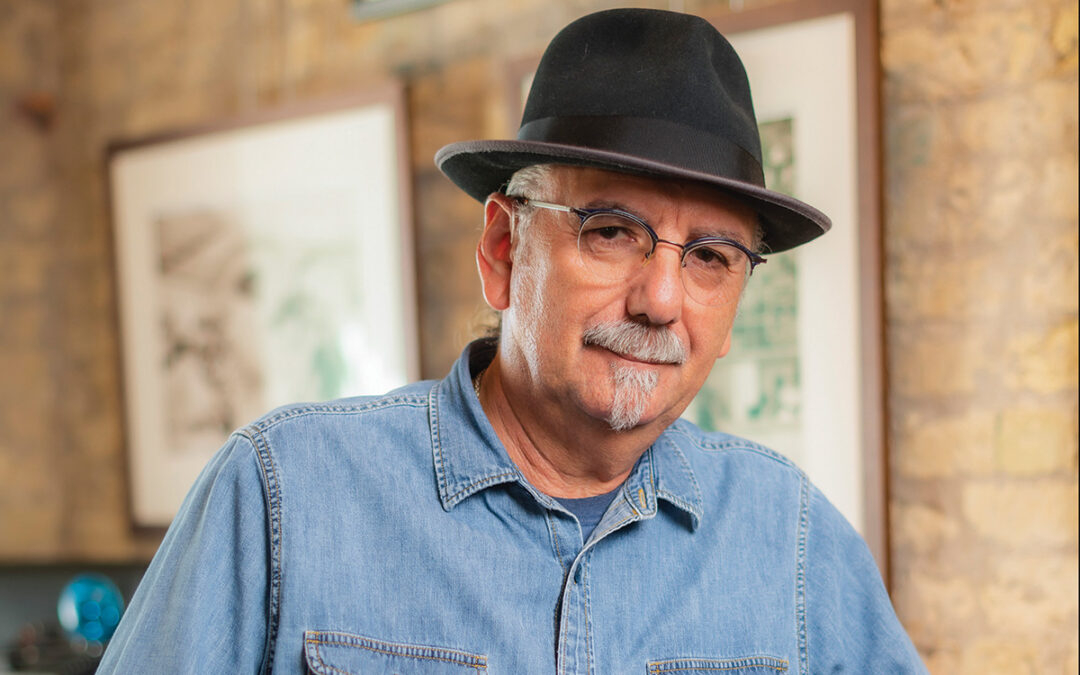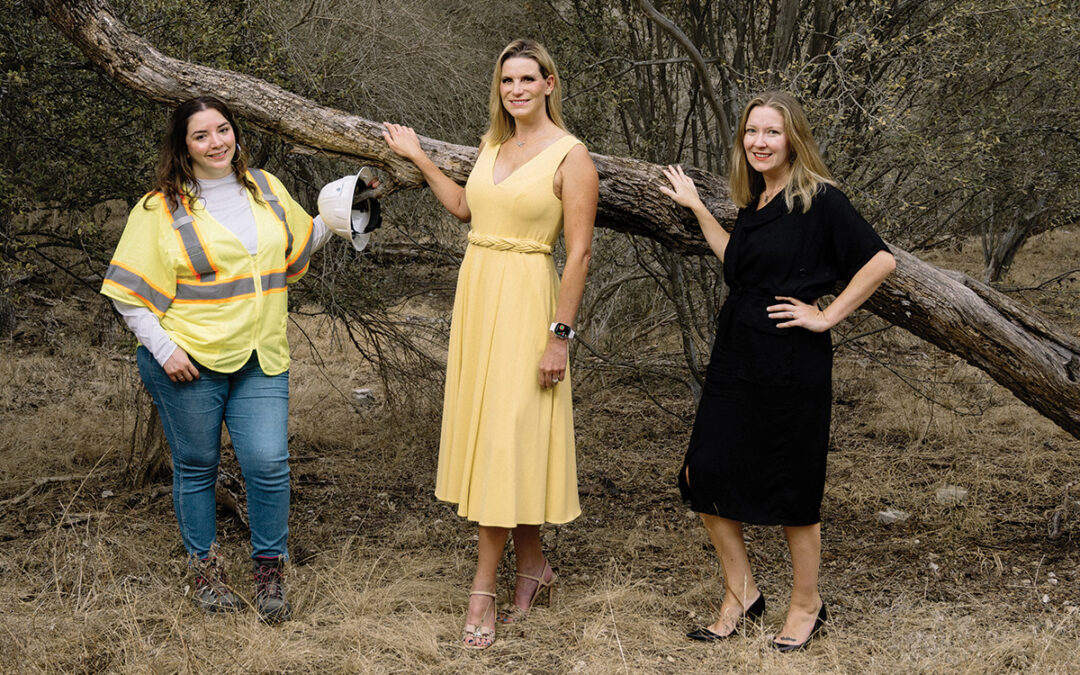Dr. Minas Chrysopoulo
Breast Reconstruction Microsurgeon PRMA Plastic Surgery
Surgeon, App Designer,World Traveler:
Dr. C is changing the lives of breast cancer survivors everywhere.
Born in Athens, Greece, raised in London and having spent his professional years in Wisconsin and Texas, one could argue Dr. Minas Chrysopoulo has experienced culture shock a few times in his life. “At one point, I was invited to chop wood,” he said with a laugh. “I had no idea why anyone would ask me to do that, not understanding at the time it was considered a social activity.”The son of a Greek sailor, “Dr. C” as he’s known, spent countless hours bonding with his dad over the military as a child. That time together influenced him to become a microsurgeon who specializes in reconstructive surgery. Now the President of PRMA Plastic Surgery, he’s one of the leaders in microsurgery for breast reconstruction after cancer, and he’s hoping to expand and help more women know their options.
You were raised and educated in London. What made you come to Texas?
I left because the medical system there wasn’t really supportive of what I wanted to do. I spent time at Emory University in Atlanta doing an externship and fell in love with medicine in the U.S. That’s when I decided I should move. I fell in love with the people and the work ethic here. And surely the climate helped. It’s so much easier to be happy when the sun is out.
Your father was part of the Greek Merchant Navy, and you credit him for influencing your decision to become a surgeon. How did he sway you?
My dad was a massive history buff. Whenever he’d turn on the telly, his first choice program would always be something about the World Wars, or any military history. So I would sit with him and watch all these programs, and it was really World War I when reconstructive surgery began. You had people coming back from war with massive facial injuries. It was all about reconstructing their wartime injuries. Watching these shows served as a means of bonding with my dad, and after that, I was exposed to different types of surgeries. I’ve had breast cancer in my family, so breast reconstruction was a niche that really hit home for me.
You’re known for microsurgery, particularly the DIEP Flap surgery which allows women to use their own body tissue to reconstruct their breasts after a mastectomy, versus using implants. What’s involved in this procedure and why is it a good option?
Many women who have gone through cancer aren’t comfortable putting in implants for one reason or another, and the DIEP Flap surgery allows them to reconstruct their breasts with their own body tissue. We can take some tissue from the belly area, which has the same consistency as the breast. We can also connect nerves and provide feeling. Many women don’t know their options. They go in for the mastectomy and then talk about implants down the road, but the DIEP Flap can be performed the very same day so the patient can walk in and out with their breasts intact. The procedure has been around 15 years, and we’ve been told we’re the busiest practice in the world. Less than 5 percent of microsurgeons restore feeling with breast reconstruction, so the fact that we can is massive.
You see roughly 300 patients a year, yet an average 300,000 women are diagnosed with breast cancer each year in the U.S. How are you trying to reach more patients and inform them of their options?
A lot of women aren’t told about reconstruction, and of those that are, only 25 percent are told about all the different options. The work I do is very fulfilling but also aggravating because all women should know their options. That’s why I created the app Breast Advocate. At this point in my career, I’ve got to think big picture.
Breast Advocate offers women a chance to match their personal preferences with what potential reconstruction they may be interested in. How is it helping women with breast cancer?
It offers information and education. It’s about shared decision making, something that’s been part of medicine for a long time. It’s the standard of care, but not always the standard of practice.
You’ve mentioned that four main people influenced you in your personal and professional journey, and you’re now doing the same for young doctors. Why is that guidance important?
I’ve managed to come across people every step of the way who have supported me and taken me under their wing. When I think back to all those times in life that someone told me I couldn’t do something or not to follow my ambitions, I realize the importance of those few supportive individuals in my life.
Along with participating in lectures, writing for medical journals, helping your patients and more, what do you enjoy outside of work?
We travel a lot. My kids, Santianna, 16, and Thea, 8, are very active. Tennis is a big thing in our family. We also love different cuisines. A rule in our family is you always have to try it. You can’t say no, you must try it. My daughter was just saying the other day, “You know what guys, you have really hosed me for college, because I won’t be able to afford the food I want to eat!” Their palates have always been advanced for their age, because my wife, Amanda, and I are foodies.
BY CHRISTIE CUTHBERT
PHOTOGRAPHY BY NINA PADILLA

Christie Cuthbert
An award-winning columnist, Christie Cuthbert has been a writer for 15 years and is busy raising four boys, including a set of triplets. She is currently working on her first book, "Mom I Farted in Church" A Type A Mama's Crazy Journey Learning to Laugh. Follow her journey on Instagram @christiecuthbert










Dr C is the best!!